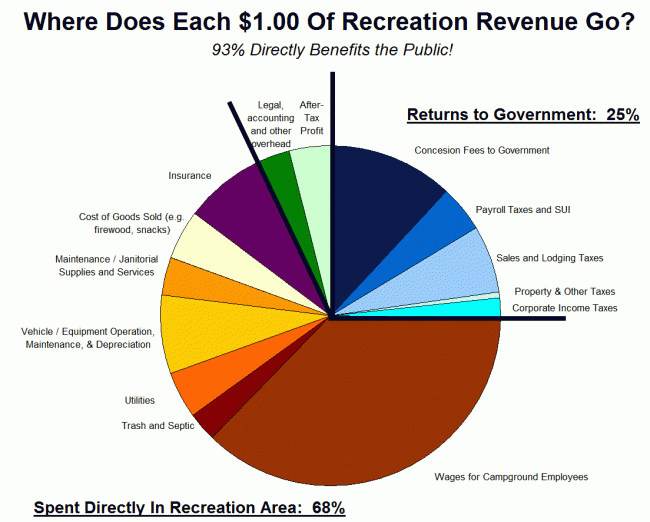Kevin Drum has some sensible thoughts on Ray Rice, discipline and the NFL -- "Sensible" defined in this case as largely mirroring my own:
Ray Rice committed a crime. We have a system for dealing with crimes: the criminal justice system. Employers are not good candidates to be extrajudicial arms for punishing criminal offenders, and I would be very, very careful about thinking that they should be.
Now, I'll grant up front that the NFL is a special case. It operates on a far, far more public level than most employers. It's a testosterone-filled institution, and stricter rules are often appropriate in environments like that. Kids take cues from what they see their favorite players doing. TV networks and sponsors understandably demand a higher level of good behavior than they do from most employers.
Nevertheless, do we really want employers—even the NFL—reacting in a panic to transient public outrage by essentially barring someone for life from ever practicing their craft? Should FedEx do that? Should IBM do that? Google? Mother Jones? Perhaps for the most serious offenses they should, and it's certainly common to refuse to hire job candidates with felony records of any kind. (Though I'll note that a good many liberals think this is a misguided and unfair policy.) But for what Ray Rice did?
I just don't know about that. Generally speaking, I think we're better off handling crimes through the criminal justice system, not through the capricious judgments of employers—most of whom don't have unions to worry about and can fire employees at a whim. I might be overreacting, but that seems like it could become a dangerous precedent that hurts a lot more people than it helps.
I agree 100%. The NFL was simply insane to venture into the role as a shadow legal system to apply punishments based on their investigation and judgement in parallel with those of the legal system. They would have been much better off simply establishing a schedule of internal penalties that were based on the outcomes of the legal system.
That being said, I wish other writers on the Left would read Drum's column and ask themselves why this same logic wouldn't apply to colleges as well. It is unbelievable to me that Liberals of all people -- who have largely defended due process rights in the legal system for years against Conservative attempts to trim them -- would suddenly wage a campaign to substitute kangaroo courts run by university administrators in the place of normal police and judicial procedures for crimes as serious as rape. I am historically skeptical of the legal system and the people in it, but all of these problems would only be worse trying to have a bunch of amateurs at universities setting up a parallel system.
There is certainly a problem to be solved -- though the 1 in 5 statistic is completely bogus and exaggerated -- but the diagnosis of the problem has been all wrong. The problem is that Universities have historically created internal police forces and disciplinary processes for the express purpose of protecting their students from the normal legal system. This is a practice and tradition that goes all the way back to the Middle Ages. And it worked fine, at least as far as I am concerned, when the University was protecting students from marijuana or underage drinking busts by town police.
But institutions develop a culture, and the culture of university disciplinary processes has been to 1. keep the student out of the legal system and 2. get the student to graduation. I have friends who have been kicked out of top universities a few times, but the University in the end bent over backwards to take them back and get them over the finish line.
So it is disappointing, but not surprising, that universities approached more heinous crimes with this same culture and mindset. And some egregious sexual assaults got swept under the rug. Again, I think some folks are exaggerating these numbers by assuming there are tens or hundreds of these cases for every one we hear about. But we can agree on the core fact, I think, that the typical college disciplinary culture of protecting students from the legal system has failed some victims of sexual assault.
But this is where everyone seems to be going off track. The Obama Administration solution for this problem is to demand that universities develop more robust fact-finding and disciplinary processes for such felonies, and remove procedural protections for the accused as a way to offset the historic university culture to go to far in protecting wrongdoers.
This is nuts. Seriously. Given the set of facts, a far simpler solution, fairer to both accused and victims, would have been for the Obama Administration simply to demand that Universities hand over evidence of crimes to police and prosecutors trained to know what to do with it. If the University wants to take special steps to get victims help coping with their recovery using University resources, or help victims and the accused who are University students cope with the rough edges of the legal process, great.
Postscript: Another problem is that punishments meted out by universities are going to always be wrong, by definition. Let's say a student is accused of rape and kicked out. Two possibilities. If he is innocent of the charge, then he was punished way too much. If he was guilty, if he really raped someone, he was punished way too little -- and by the University screwing around with it and messing up the chain of evidence and taking statements without following the correct process, they may have killed any chance of a conviction in the legal system. The current process the Obama Administration is forcing punishes the innocent and protects the truly guilty.

